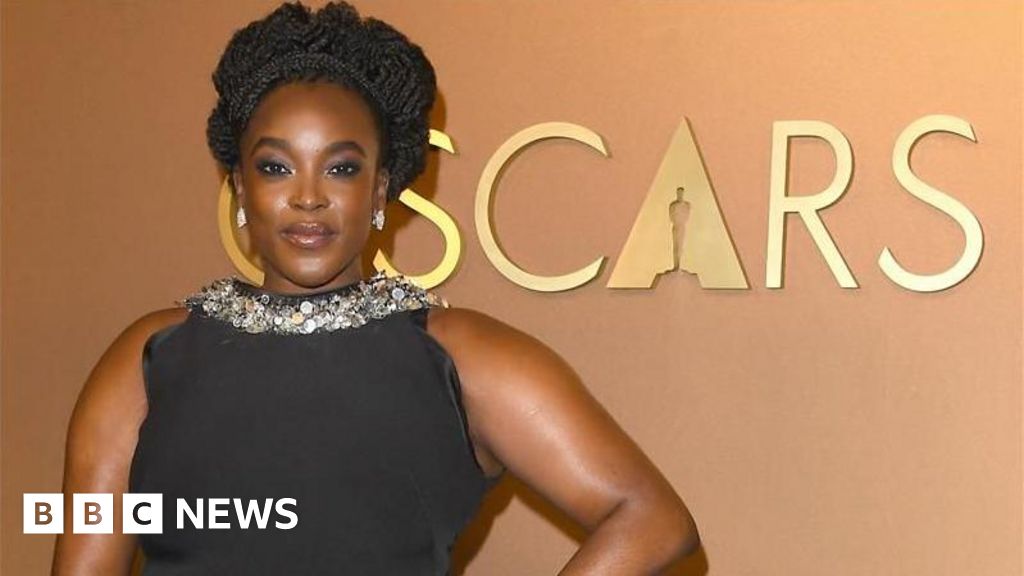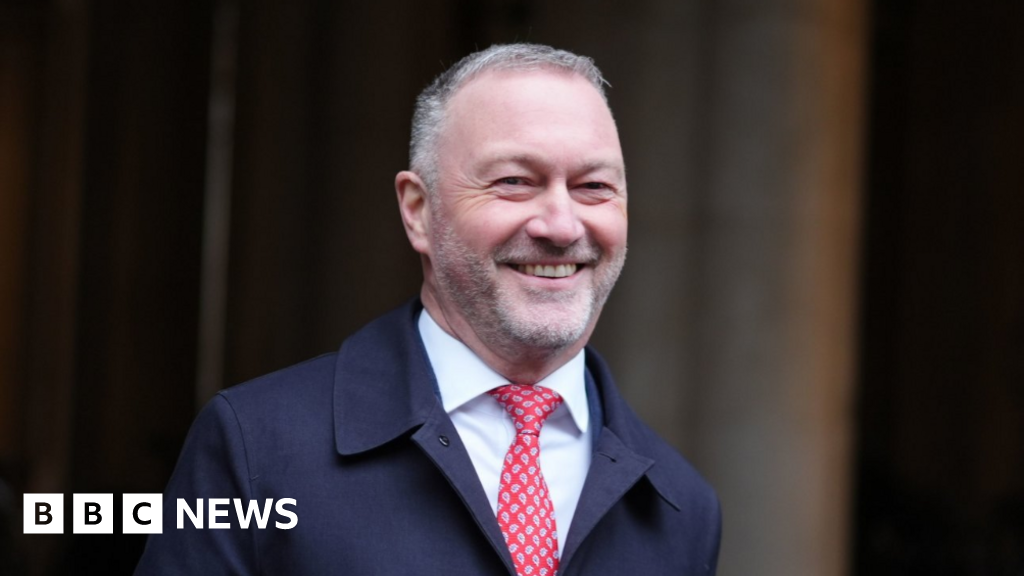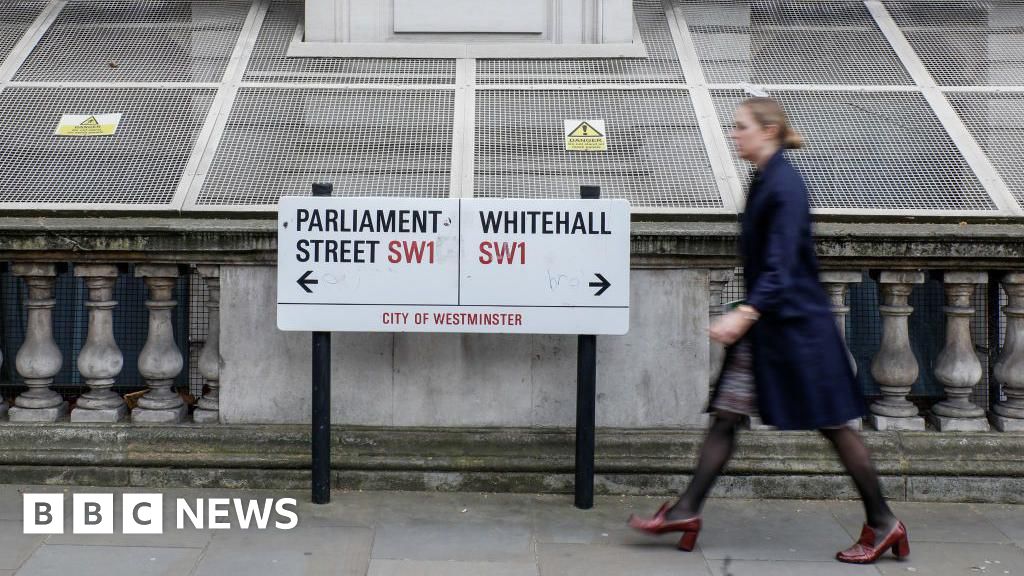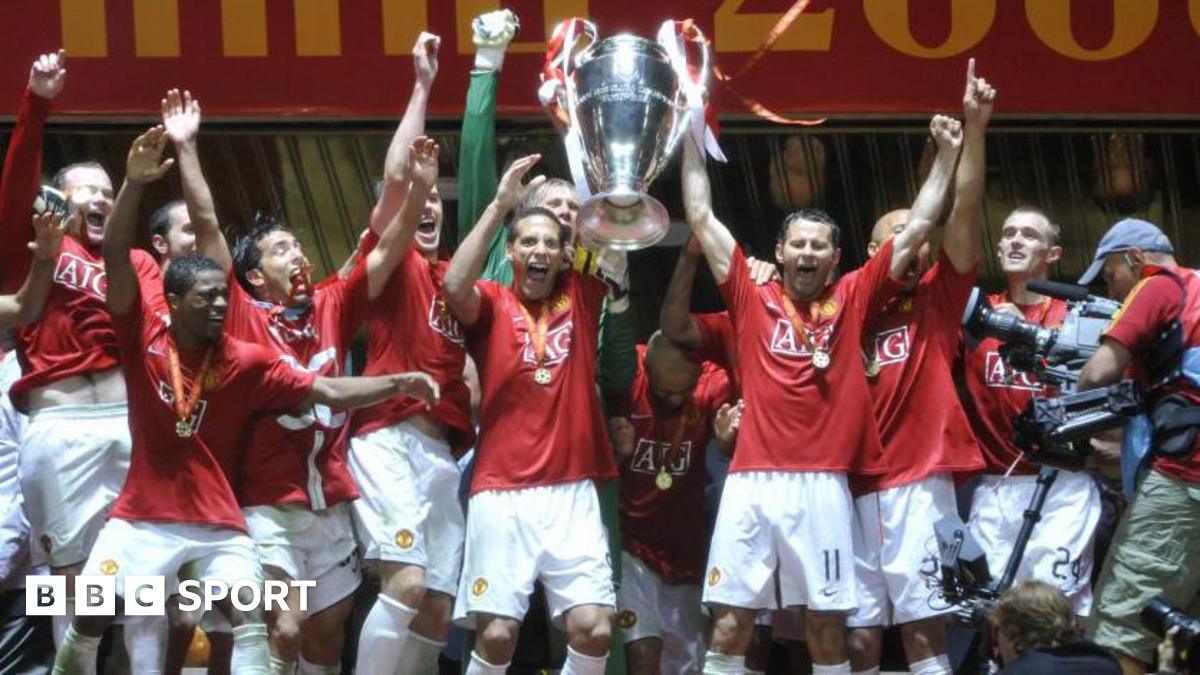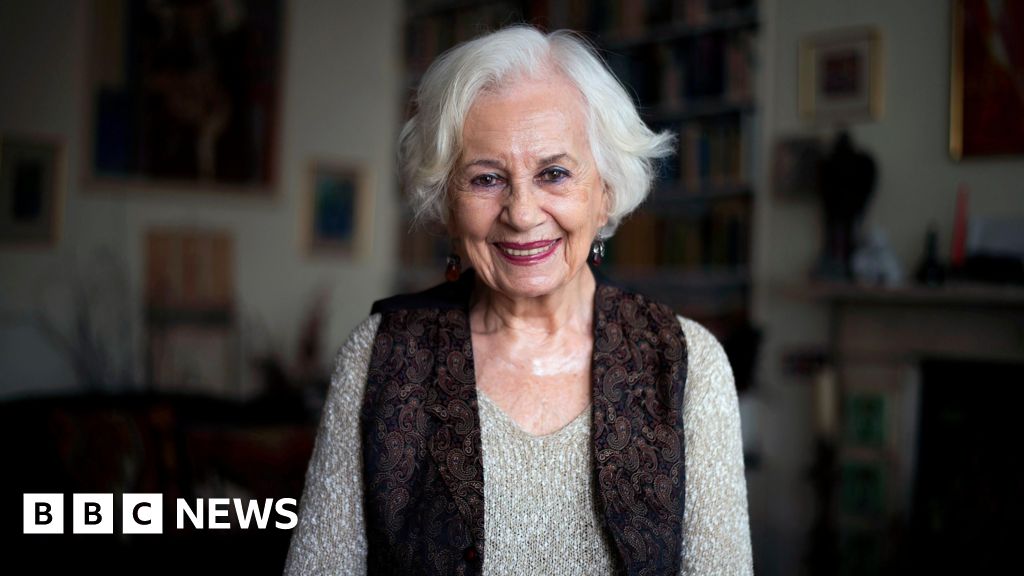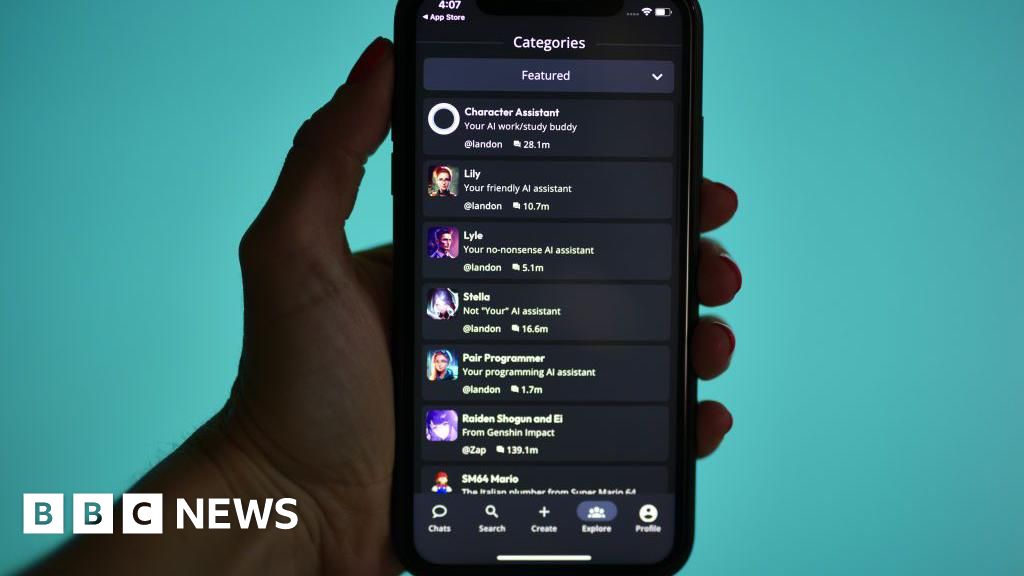Imran Rahman-JonesTechnology reporter

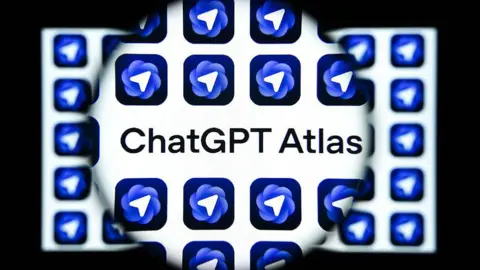 Getty Images
Getty Images
OpenAI wants to take on similar browsers such as those from Microsoft, Oracle and Perplexity
A few minutes into using ChatGPT Atlas, the new internet browser from OpenAI, I ran into quite a big road block.
This isn't like Google Chrome, which is used by roughly 60% of people. It's all built around a chatbot you're meant to talk to to surf the web.
"Messages limit reached," read one note. "No available models support the tools in use," said another.
And then: "You've hit the free plan limit for GPT-5."
OpenAI says it will make using the internet easier and more efficient. A step closer to "a true super-assistant".
But assistants, super or not, don't come free - and the company needs to start making a lot more money from its 800 million users.
So how helpful is it?
OpenAI says Atlas offers us an opportunity to "rethink what it means to use the web".
It looks somewhat similar to Chrome or Apple's Safari to begin with, apart from the big difference - a sidebar chatbot.

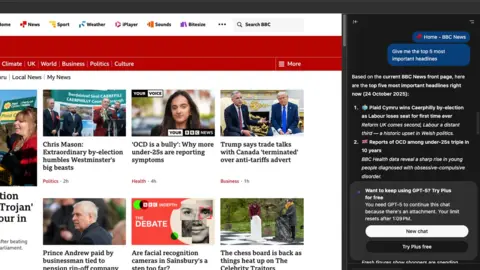 ChatGPT
ChatGPT
On the BBC News website, for example, it suggests it could show me the trending stories, or filter stories according to my interests
On a train booking website, it offered to "highlight deals" or compare prices with other places.
I asked it to book me a train, but was told this is only available for paying ChatGPT customers.
Later, I tried something simpler: I asked it to take me to an article I was reading the other day, but couldn't quite remember what website it was on.

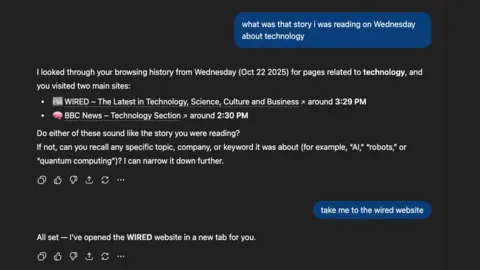 ChatGPT
ChatGPT
Atlas rapidly searched my browsing history and opened the page for me in a matter of seconds
These are early days, but there's potential for big changes in how we use the internet.
What's clear is this will be a premium product which will only work to its full capacity if you pay a subscription fee.
Given we are so used to browsing the internet for free, this would require a lot of people to alter their habits quite dramatically.
Money, data, competition
OpenAI's founding mission was to reach artificial general intelligence - roughly meaning an AI which can match human intelligence.
So how does a browser help with that mission?
It doesn't, really. But it could raise some revenue.
The firm has convinced venture capitalists and investors to back it with billions of dollars - and at some point, it needs to start showing a return on that investment.
In other words, it needs to make money.

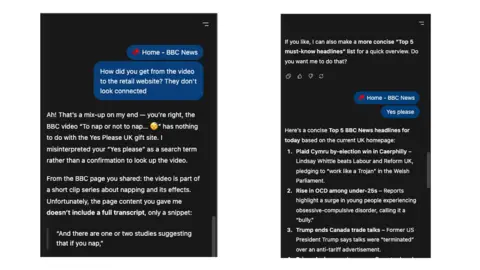 ChatGPT
ChatGPT
The chatbot still struggled with some basic commands - in these examples, it gave two very different responses when I said "yes please"
But raising money the internet's traditional way - advertising - might be a risk.
"OpenAI may be tempted to show ads to recoup costs and turn a profit, but it also must deliver a good user experience to stand out in a competitive market," said Stephanie Liu, a senior analyst at Forrester.
OpenAI will be hoping its users will find it so good they are willing to start paying - but only about 5% of ChatGPT users pay for a subscription, according to the Financial Times.
The other thing Atlas could do is give the firm access to a huge amount of user data.
These kinds of AI tools are ultimately about scale - the more data you feed them, the thinking goes, the better they will become.
The web is designed for humans to use, so if Atlas can monitor us - how we book train tickets for example - it can learn how to better navigate these kinds of processes.
"It remains to be seen how OpenAI will use users' data from Atlas, but for users who prefer anonymity and privacy, the browser may be too great of a risk," said Ms Liu.
The Google killer
Then we get to the competition.
Google Chrome is so dominant, authorities around the world have started raising eyebrows and words like "monopoly" are being thrown around.
It won't be easy to muscle into that market.
Google's Gemini AI is a part of the search engine now, while Microsoft has added Copilot into its Edge browser.
Back in the early days of ChatGPT, some dubbed it the "Google killer" - a game-changer which would make online search as we know it redundant.
That's not happened yet. But Erik Goins, founder of app developer Flywheel Studios, thinks it could.
He said Google built its business on "being the middleman between users and websites", whereas ChatGPT is "eliminating the middleman entirely".
"You don't search for 'hotels in Miami' and click through Google results anymore," he said.
"You just ask ChatGPT and it connects you directly."
Whether enough people are willing to pay for that little bit of extra convenience remains to be seen - and there's a long way to go before Google is toppled.



 2 months ago
77
2 months ago
77
